New World Bank Group Strategy for Mozambique: Driving Inclusive, Resilient, and Job-rich Growth
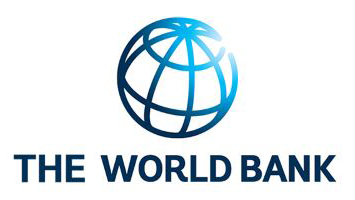
The World Bank Group Board of Executive Directors has endorsed a new Country Partnership Framework (CPF) for Mozambique for the period 2026 to 2031. As Mozambique confronts the severe impacts of the recent floods, highlighting the country’s vulnerability to natural disasters, we extend our heartfelt sympathies and solidarity to all affected communities.
African nations now send more money to China than they receive in new loans

JOHANNESBURG, Jan 27 (Reuters) - China's role as a leading financier to developing nations has shifted over the past decade, with new loans to poorer countries falling sharply while debt repayments continue to rise, according to analysis released by ONE Data.
The inaugural report by the ONE Data initiative found that many low- and middle-income countries — particularly in Africa — are now transferring more funds to China in debt payments than they receive in fresh financing from the world's second-largest economy.
IMF Executive Board Concludes the 2025 Post-Financing Assessment with Uganda
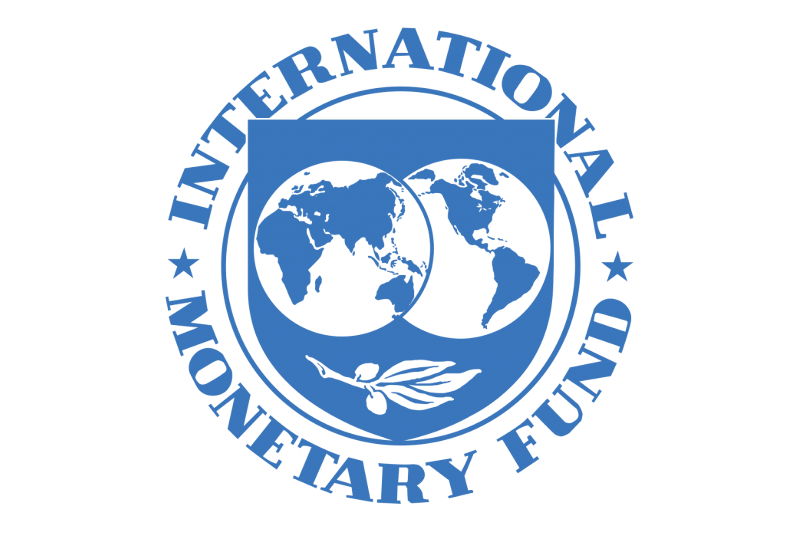
- Uganda’s post-pandemic economic performance has been robust, supported by broad-based growth and contained inflation. Foreign exchange reserves rose significantly in 2025, reflecting a favorable external environment, including strong coffee exports and portfolio inflows.
- Uganda’s capacity to repay the Fund is assessed as adequate, though subject to risks from potential portfolio outflows, commodity price shocks and further delays related to the oil project.
- The authorities recognized the need for fiscal adjustment and reaffirmed their commitment to vigilant monetary policy and exchange rate flexibility, to safeguard macroeconomic stability and repayment capacity.
Benin: 10,000 Women Entrepreneurs Receive Business Development Support

WASHINGTON, January 15, 2026 - The World Bank approved $100 million in financing from the International Development Association (IDA) to help Benin promote access to finance and growth for women entrepreneurs in both the formal and informal sectors.
World Bank Scales Up Support to Cabo Verde’s Energy Transition and Universal Access
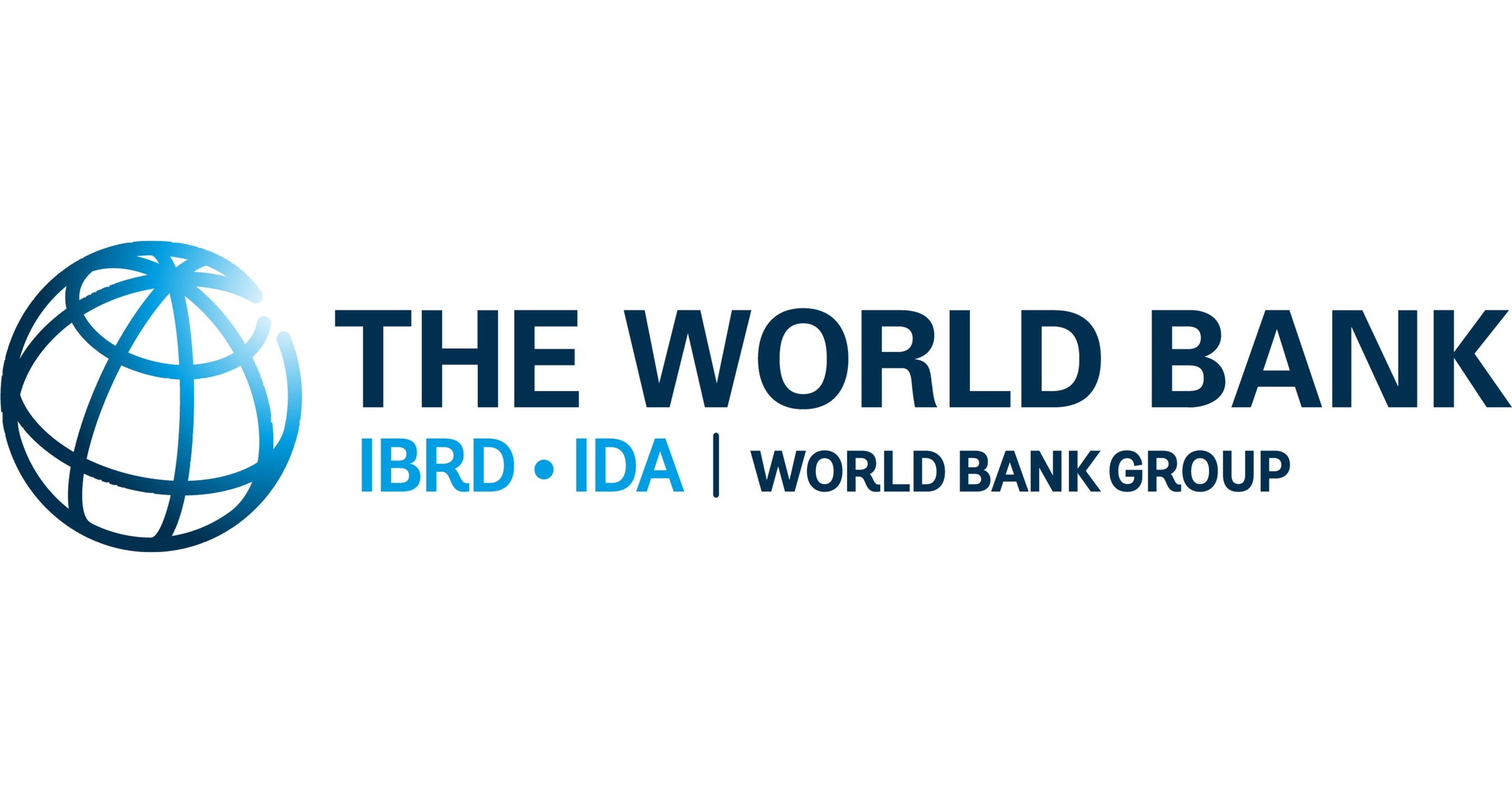
The World Bank today approved a $13.30 million concessional financing through the International Development Association (IDA) for Cabo Verde’s renewable Energy and Improved Utility Performance Project (REIUP). The operation is co-financed by a $1.2 million concessional loan and $0.41 million grant from the Canada Clean Energy and Forest Climate Facility (CCEFCF), as well as a $0.4 million reimbursable grant from the Global Infrastructure Facility (GIF).
The financing will support Cabo Verde to accelerate its clean energy transition and achieve universal access to electricity.
Generali and UNIDO partner to promote the sustainable development of coffee production in Africa
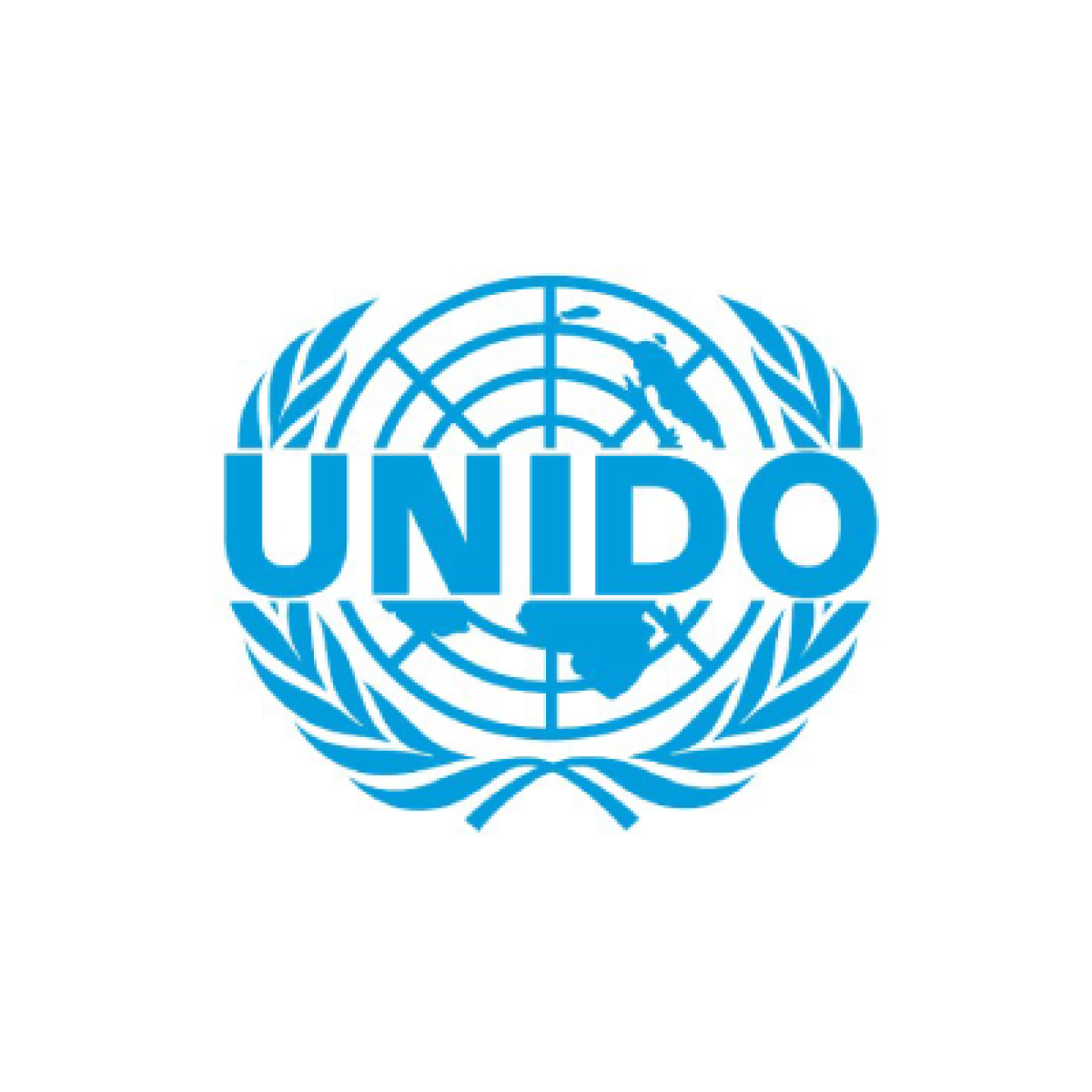
Milan, Italy, 12 January 2026 – Generali and the United Nations Industrial Development Organization (UNIDO) have today signed a joint declaration under the ACT Programme (Advancing Climate-Resilience and Transformation in African Coffee) to promote sustainable coffee production in Africa. The collaboration aims to strengthen international partnerships and technical cooperation to improve socio-economic conditions, enhance climate resilience, and support local value addition in key coffee-producing communities.
Agro-industrialization Offers Clear Path Toward Increased Economic Growth and Job-creation in Uganda
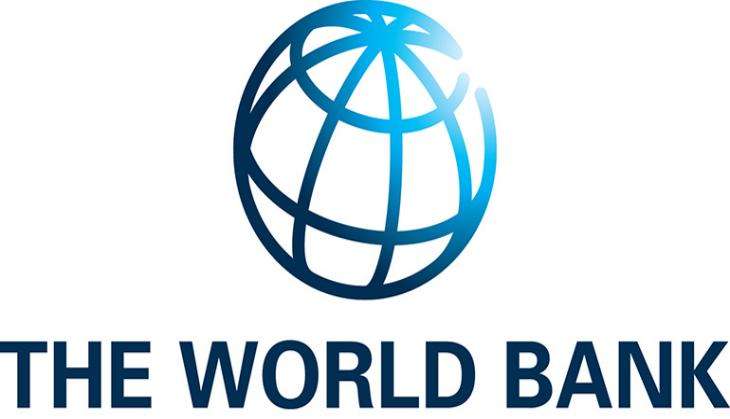
KAMPALA, December 24, 2025 — Uganda’s economic growth remains strong, with real gross domestic product (GDP) rising to 6.3% in FY2024/2025, up from 6.1% the previous year. A new World Bank report attributes this performance to recovery in household consumption, accelerated government spending, and continued investment growth.
EU’s €33 .3 MILLION CONTRIBUTION HELPS WFP REACH MILLIONS ACROSS WEST AND CENTRAL AFRICA WITH LIFE SAVING ASSISTANCE
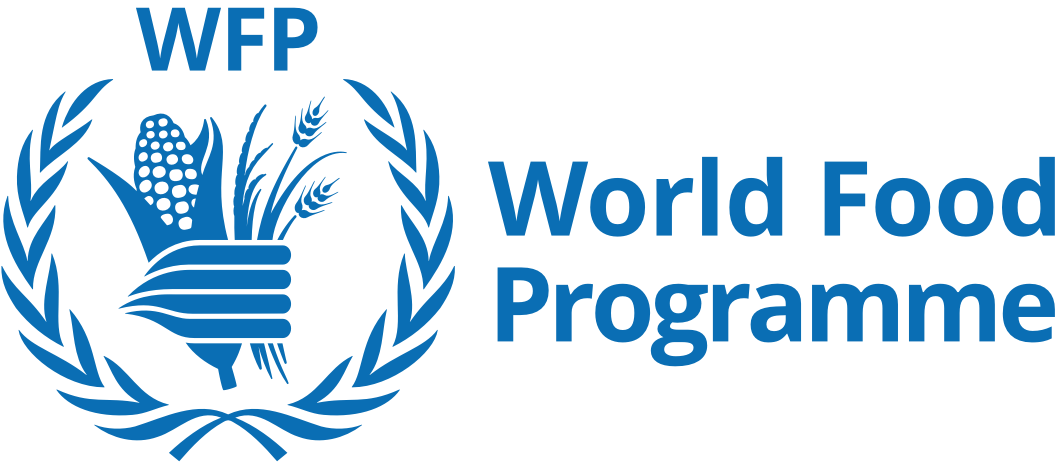
DAKAR, Senegal – Amid a deepening hunger crisis across West and Central Africa, the United Nations World Food Programme (WFP) has reached over 3.3 million of the most vulnerable people in West and Central Africa with emergency food and nutrition assistance between June and September 2025, thanks to critical funding from the European Union’s (EU) Directorate-General for European Civil Protection and Humanitarian Aid Operations.
Japan and WFP provide life-saving food assistance for refugees and returnees in Burundi

BUJUMBURA, Burundi – The World Food Programme (WFP) has welcomed a contribution of over US$625,000 (approximately BIF two billion) from the Government of Japan to provide life-saving food assistance for refugees fleeing the recent violence in eastern Democratic Republic of the Congo (DRC) and Burundians returning from refugee camps in Tanzania.
UNIDO joins the African Energy Efficiency Alliance
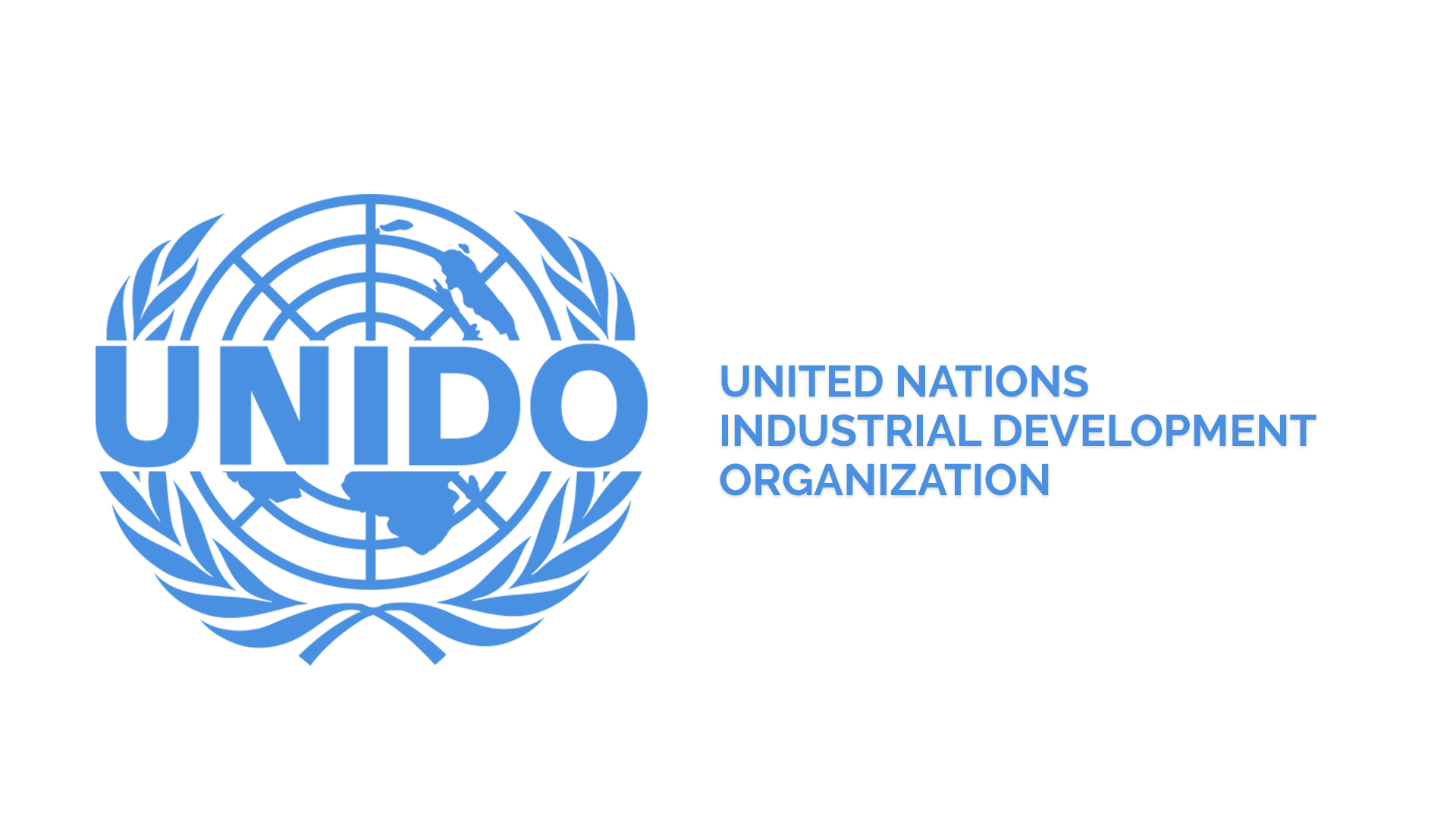
Addis Ababa, Ethiopia, 10–11 December – The United Nations Industrial Development Organization (UNIDO), through its Energy Efficiency for Sustainable Livelihoods (EELA) Programme, announces its membership in the African Energy Efficiency Alliance (AEEA).




